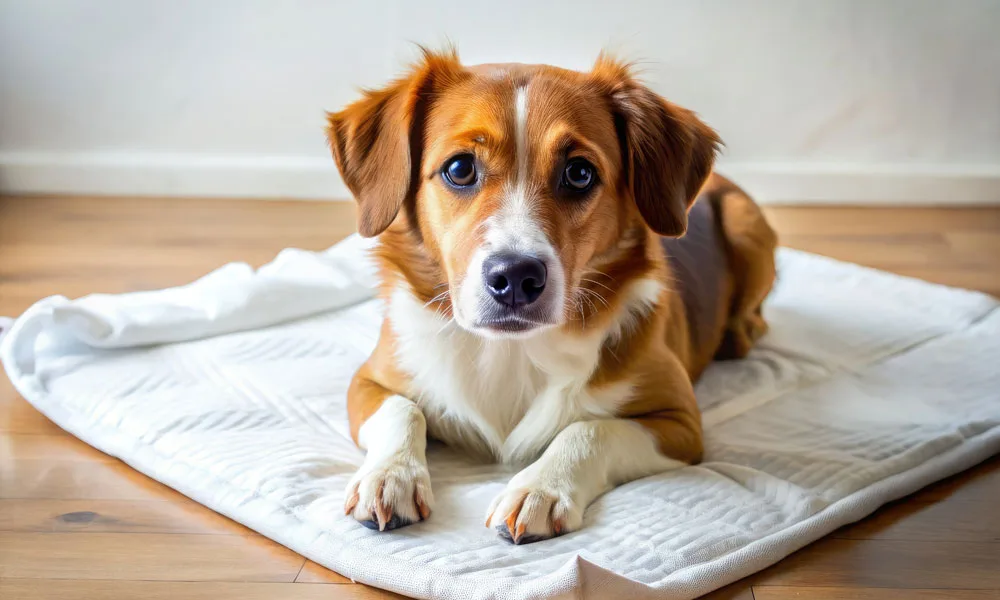
Fireworks may light up our skies, but they can cause severe distress to our four-legged companions. Dogs are especially vulnerable, experiencing the sudden booms as jet-engine‑level noise, which can lead to intense fear reactions.
Approximately half of all dogs exhibit some level of fear of fireworks, and many display life-threatening behaviors—such as panicking, escaping, or injuring themselves—during celebrations.
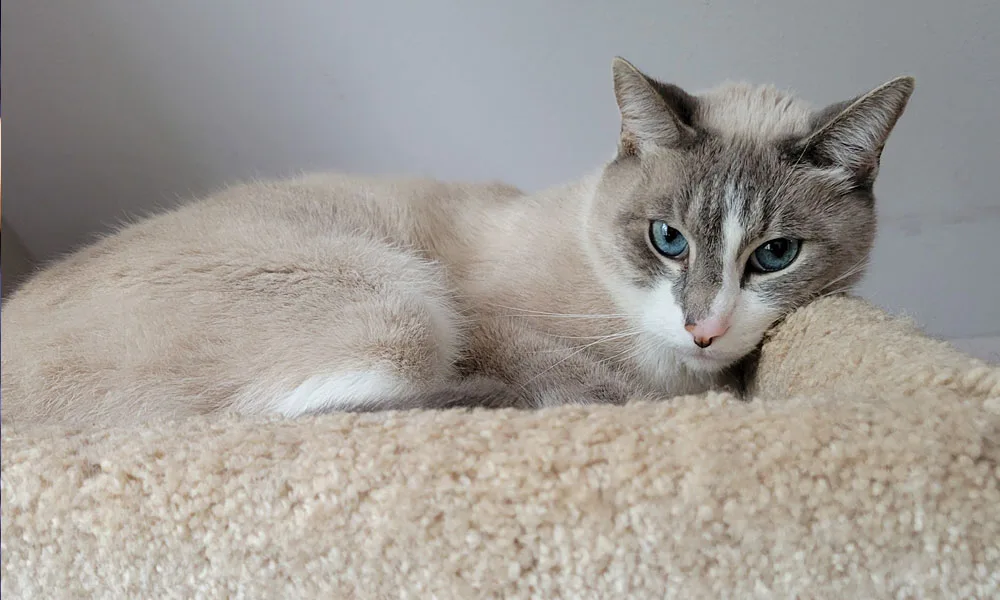
Cats aren’t exempt. Though noisier animals like dogs may be more reactive, studies show that around a third of cats also fear fireworks, displaying behaviors such as hiding, cowering, or becoming agitated. Given their sensitive hearing, even indoor pets can experience distress from distant explosions.
Fireworks, especially around the Fourth of July and the New Year, lead to significant increases in pet-related incidents. Shelters report a sharp rise in lost pets immediately following fireworks celebrations. Flee-and-run behavior makes Independence Day one of the busiest days for this type of behavior.
East Hill Animal Hospital’s 7 Tips to Calm Your Pets
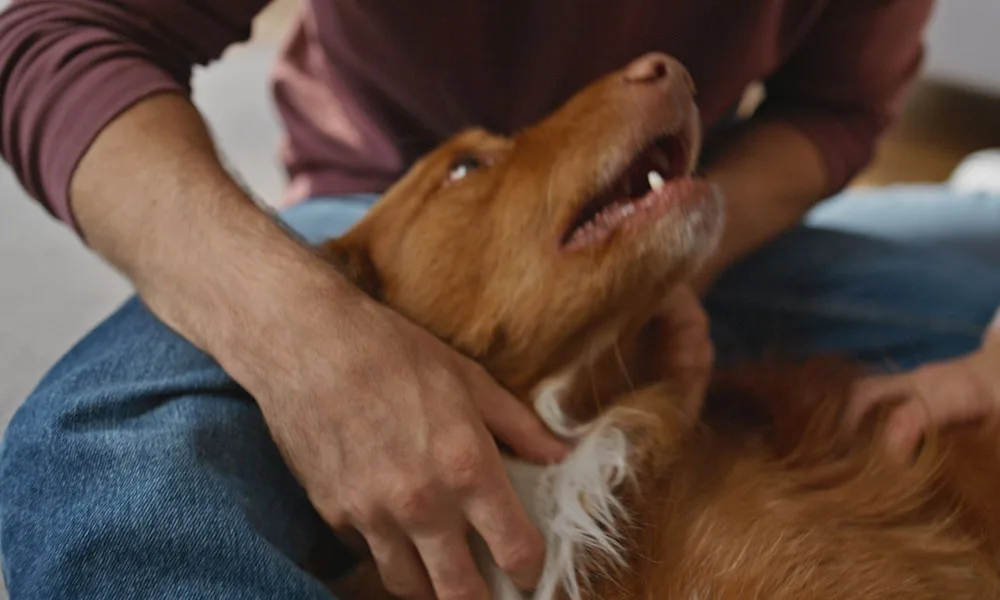
As stress levels rise across the country, East Hill Animal Hospital in Pensacola—renowned for its expertise in animal health, recommends the following strategies:
Create a Cozy “Den” Indoors
Designate a quiet, enclosed space—such as a closet, crate, or interior room—with soft bedding and familiar toys. Keep curtains closed and play soft music or white noise to mask booming sounds.
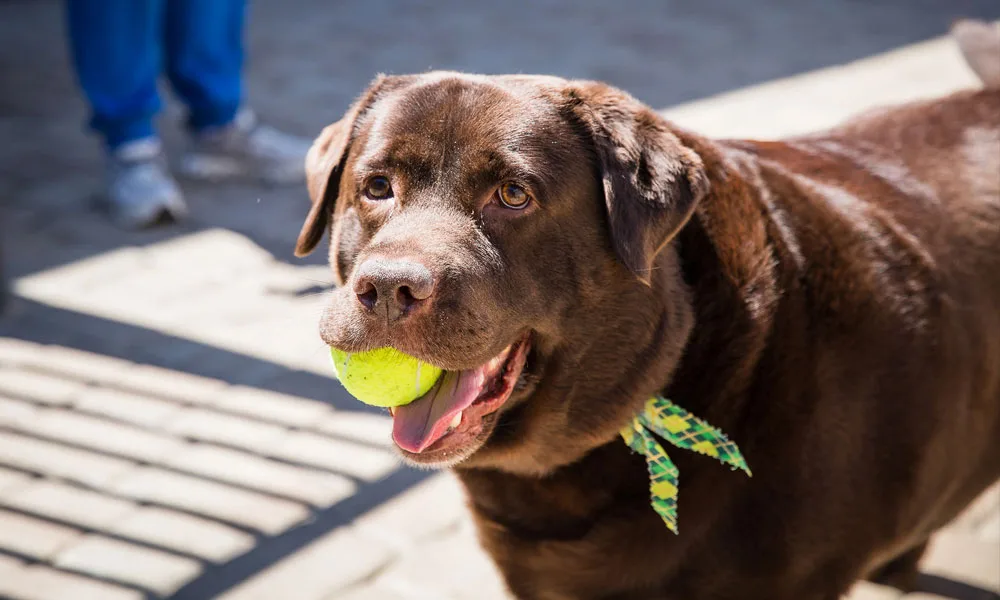
Stay With and Comfort Them
During fireworks, don’t leave pets alone. East Hill Animal Hospital emphasizes the importance of presence and calm companionship. Visible support alleviates anxiety and discourages escape.
Exercise Ahead of Time
A tired pet is calmer. Schedule longer morning walks or engaging play sessions before sunset. Ensure collars and leashes are secure in case panic sets in.
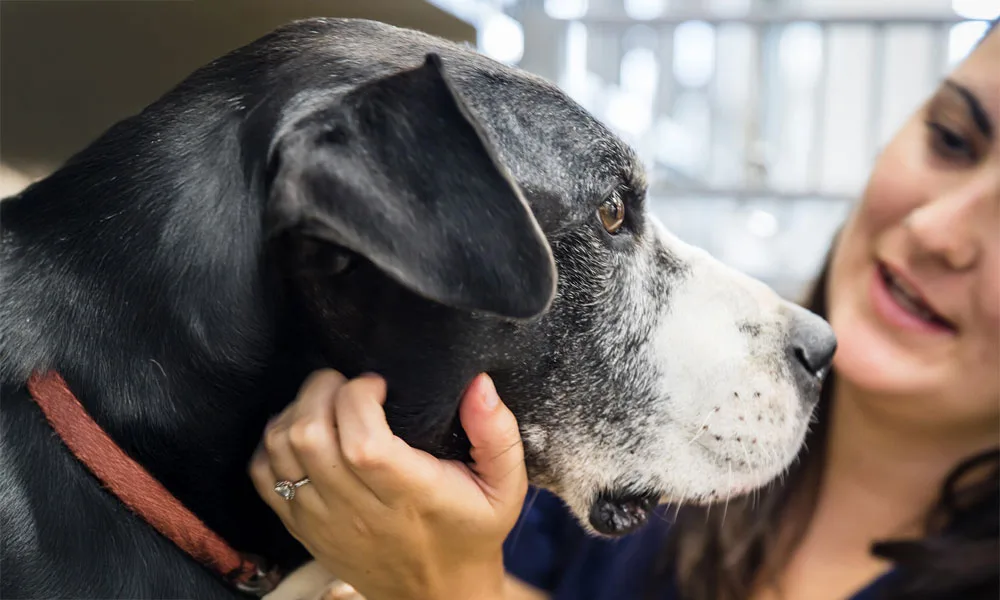
Keep Them Indoors & Identified
Bring pets inside early and secure all windows, doors, and screens to prevent them from escaping. Verify microchip information and ID tag accuracy—East Hill notes how critical this is to recovering pets that escape.
Distract and Calm Your Pets
Use calming chews or pressure wraps. Our vets may also prescribe anti-anxiety medications or supplements if prior experiences triggered severe reactions.
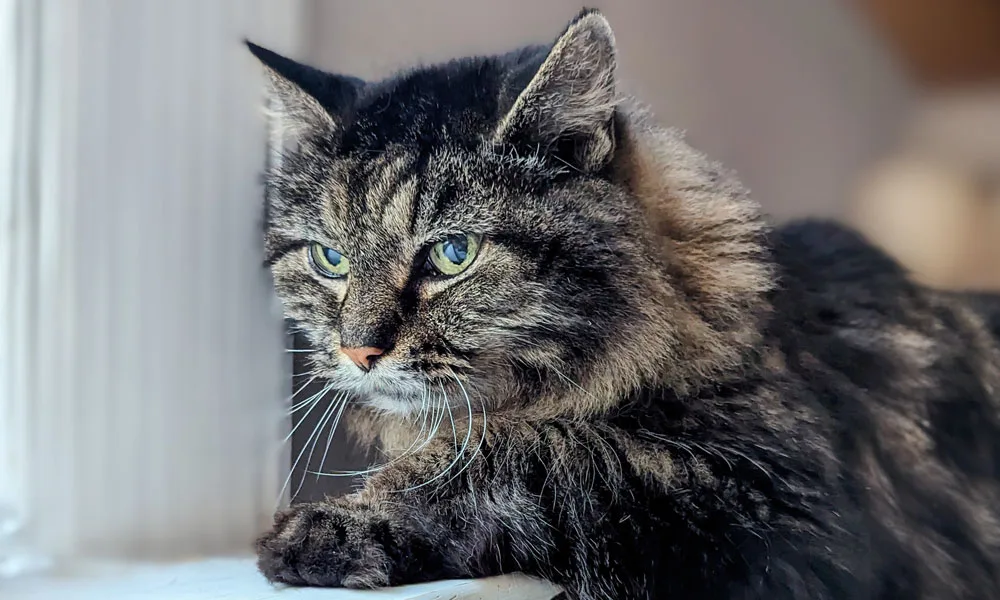
Desensitization Training Over Time
We also suggest working with a certified trainer from Pensacola Pet Resort Premier before the fireworks season. Gradually exposing pets to recorded firework sounds, paired with rewards, fosters resilience over time.
Plan for Aftermath Hazards
Firework residues, including debris and heavy-metal fallout, can be toxic. East Hill advises a yard sweep for remnants and supervised outdoor access to prevent ingesting dangerous materials.
Final Takeaways
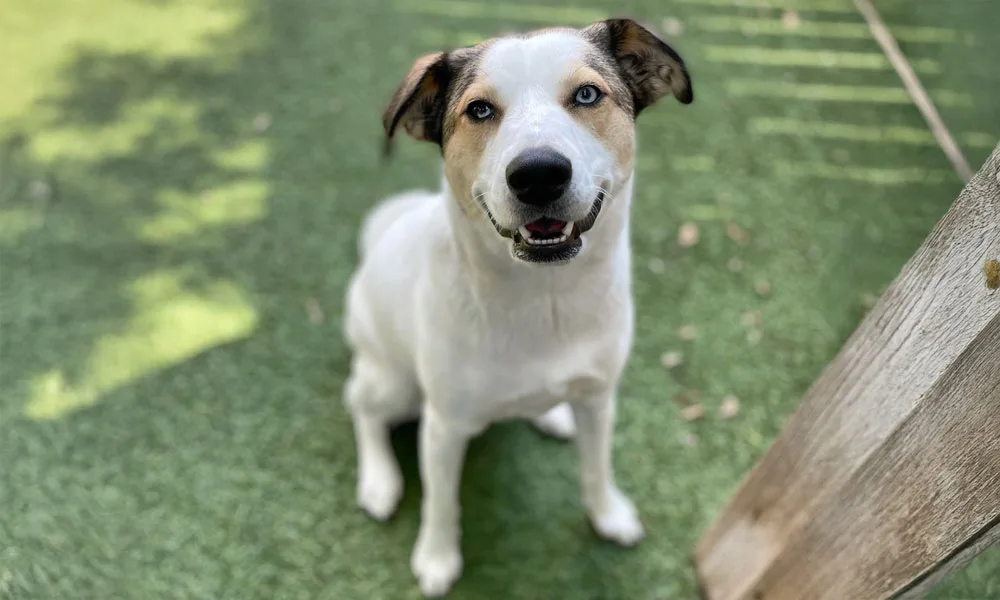
Fireworks can be more than just noisy. They pose real dangers to pets, including life-threatening injuries, long-term anxiety, and, in the worst cases, fatal outcomes. However, with thoughtful preparation, you can design a haven and provide comfort, secure identification, distraction, and possibly medical support, thereby protecting and reassuring your dogs and cats.
East Hill Animal Hospital reminds pet parents to schedule a pre-holiday visit if unsure about supplements or anxiety treatments; early planning makes all the difference.
